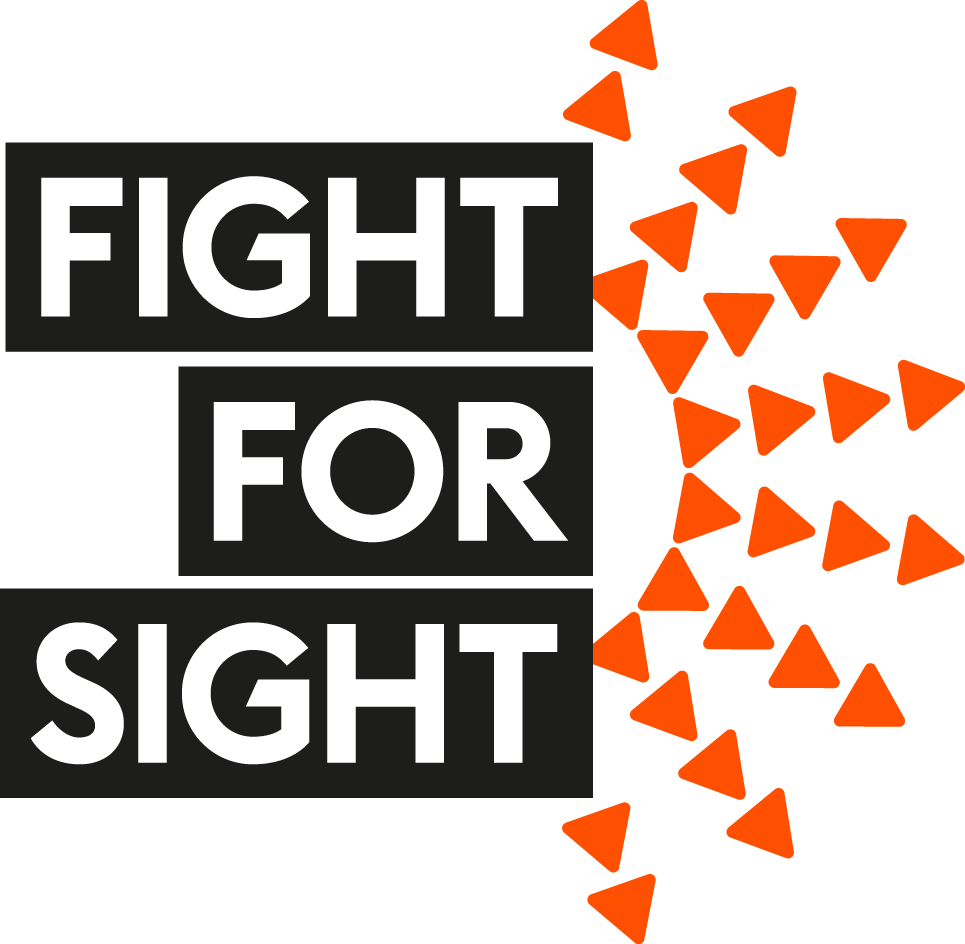5 FAQs about diabetes and eye health: Diabetes Awareness Week 2023
For Diabetes Awareness Week, we explore the link between diabetes and the eye and answer FAQs about Diabetic Retinopathy.
This week marks the start of Diabetes Awareness Week. So, what is the link between diabetes and the eye? We answer some commonly asked questions about Diabetic Retinopathy.
1. What is the link between diabetes and eye health?
Diabetes can affect your eyes in many ways. Some people with Type 1 or Type 2 diabetes develop an eye complication called diabetic retinopathy. Left untreated, it can lead to sight loss.
People with diabetes are also at a higher risk of developing cataracts and glaucoma.
2. What is diabetic retinopathy?
Diabetic retinopathy results from damage to blood vessels supplying the retina (the light-sensitive layer at the back of the eye. It is one of the most common causes of sight loss among working-age adults in the UK. With rates of diabetes on the rise, this figure is expected to increase.
3. Can I prevent diabetic retinopathy?
Managing diabetes well can help prevent diabetic retinopathy; if detected early enough, treatments, including injections and laser surgery, can help. Eye screening is an important part of diabetes care. The government’s website includes a guide to diabetic eye screening.
Not everybody with diabetes develops retinopathy. But it is one of the most common complications of the condition.
4. What are the signs and symptoms of diabetic retinopathy?
Vision isn’t usually affected during the early stages of blood vessel damage. How diabetic retinopathy affects vision can vary from individual to individual.
When diabetic retinopathy does cause symptoms, they may include reduced central vision, changes in colour perception, floaters, sudden severe sight loss and eye pain.
For more information, read our A to Z of eye conditions.
5. Is there a cure for diabetic retinopathy?
Diabetic retinopathy treatments depend on the severity of the condition. The primary focus is on preventing blood vessel damage through good diabetes management. Where treatment is required, it includes injections, laser treatment and, in severe cases, surgery.
For more information, read our A to Z of eye conditions.
We are delighted to be partnering up with Diabetes UK, the Macular Society and Moorfields Eye Charity to co-fund new research to reduce the risk of sight loss in people living with diabetes.
Through the power of partnership, we hope this critical research will improve our understanding of who is at the highest risk of eye damage and provide better, more tailored treatment to prevent it.

